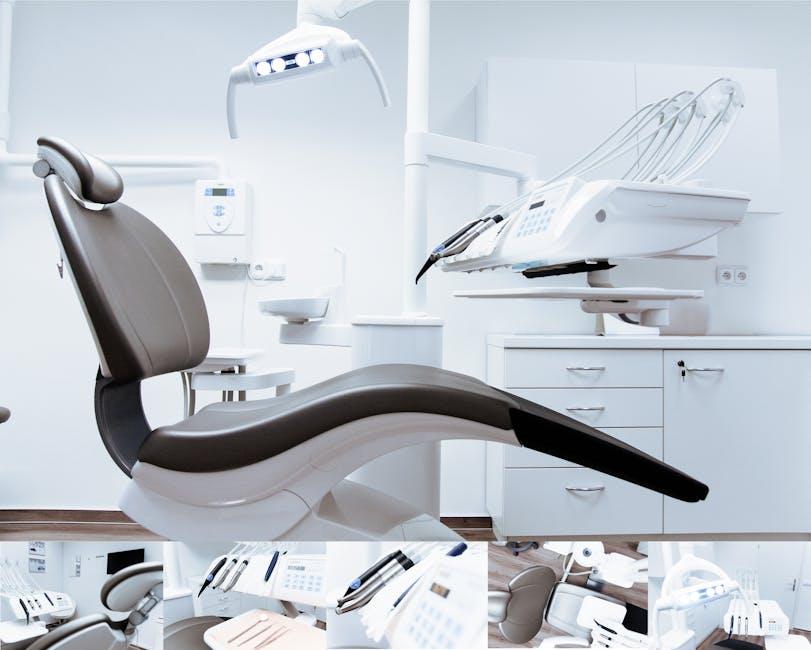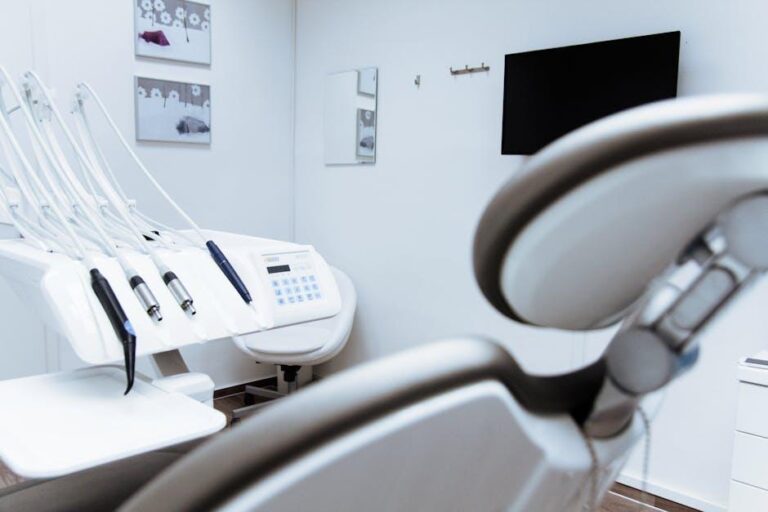
Dentists in Mass. Report Increase in ‘Stress-Related’ Teeth Grinding Among Patients – The Boston Globe
Published: 2024
Introduction
Recent reports from dentists across Massachusetts reveal a noticeable surge in cases of stress-related teeth grinding, also known as bruxism, among patients. This growing trend has been highlighted in The Boston Globe as a dental and public health concern linked closely to ongoing societal pressures and mental health stressors.
Teeth grinding can lead to a host of oral health problems, including jaw pain, damaged teeth, and headaches. Understanding the causes, symptoms, and treatment options for stress-related bruxism is crucial for patients experiencing these symptoms and health professionals aiming to provide effective care.
What Is Stress-Related Teeth Grinding?
Bruxism is the medical term for grinding or clenching teeth. It commonly occurs unconsciously during sleep (sleep bruxism) or even during waking hours (awake bruxism).
When driven by emotional factors such as anxiety, stress, or frustration, the condition is often referred to as stress-related teeth grinding. The prolonged or intense stress many people have experienced recently, especially since the pandemic, has exacerbated this condition nationwide, with Massachusetts dentists observing increased patient cases.
Why Are Dentists Seeing More Cases of Teeth Grinding in Massachusetts?
Several factors contribute to the rising trend of stress-induced bruxism in Massachusetts:
- Heightened stress and anxiety: Work pressures, personal uncertainties, and social isolation have increased stress triggers.
- Remote work and lifestyle changes: The strict home confinement and new routines may contribute to increased muscle tension.
- Lack of timely dental visits: Delayed dental check-ups because of health concerns exacerbated symptoms before professional help was sought.
Common Symptoms of Stress-Related Teeth Grinding
Identifying the signs of bruxism early can prevent serious dental damage. Patients experiencing the following symptoms should consult with their dentist promptly:
- Worn, cracked, or flattened teeth
- Jaw muscle soreness or tightness upon waking
- Frequent headaches or earaches without infection
- Increased tooth sensitivity
- Difficulty opening or closing the jaw
How Dentists in Mass. Diagnose and Treat Bruxism
Dentists in Massachusetts use thorough clinical examinations along with patient histories to diagnose bruxism. Advanced tools such as dental X-rays and sleep studies may be utilized for severe cases.
Treatment Options
There is no one-size-fits-all treatment, but here are the most common and effective approaches:
| Treatment | Description | Benefits |
|---|---|---|
| Custom Mouthguards | Protect teeth by absorbing grinding forces during sleep | Prevents tooth damage and reduces jaw pain |
| Stress Management | Incorporates relaxation techniques like meditation and counseling | Lowers anxiety levels that cause bruxism |
| Dental Corrections | Repairs and aligns teeth to reduce improper bite stress | Reduces muscle strain and improves jaw function |
| Medications | Muscle relaxants or Botox in severe jaw muscle tension cases | Offers temporary relief from muscle tightness and spasms |
Practical Tips to Manage Stress-Related Teeth Grinding at Home
While professional dental care is essential, patients can adopt these habits to help reduce symptoms:
- Practice daily stress reduction techniques such as yoga, mindfulness, or deep breathing.
- Avoid caffeine and alcohol, especially before bedtime.
- Maintain good sleep hygiene by establishing regular sleep schedules.
- Avoid chewing gum or non-food items, which can increase jaw muscle fatigue.
- Stay hydrated and maintain a balanced diet to support overall health.
Case Study: A Massachusetts Patient’s Journey
Marie, a 34-year-old Boston resident, experienced intense headaches and jaw soreness after months of working remotely during the pandemic. Upon visiting her dentist, she was diagnosed with stress-related bruxism. Through a combination of a custom mouthguard, weekly yoga classes, and stress counseling sessions, Marie significantly reduced her teeth grinding and associated pain.
“I never realized how much stress was affecting my teeth. With the support of my dentist and new mindfulness habits, I’m able to sleep peacefully again without pain,” Marie shared.
Conclusion
The increase in stress-related teeth grinding among Massachusetts residents serves as a critical reminder of how interconnected mental health and dental wellness truly are. Dentists in Mass. are actively responding by raising awareness, improving diagnosis, and expanding treatment options for bruxism amplified by stress.
If you or someone you know is experiencing symptoms of teeth grinding, seeking early dental consultation can prevent long-term damage and promote a healthier, pain-free smile. Remember, managing stress and adopting good oral care habits go hand in hand in tackling this growing dental health challenge.


